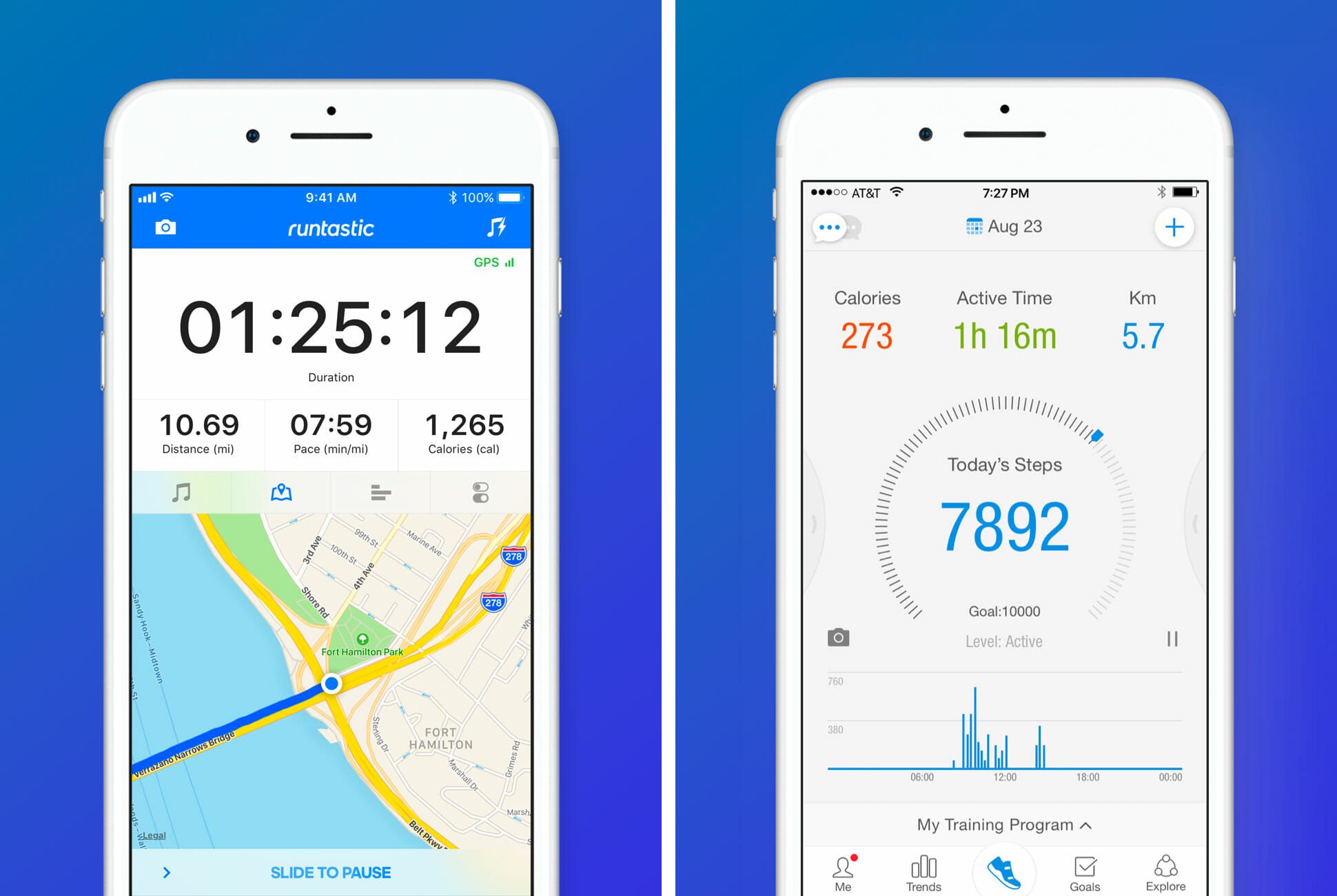

While a mile may sound short when compared to long distance goal, it certainly feels long in the moment when you’re trying to run your fastest mile. Improving your mile time will pay off in any training season.ĭedicating some time and focus to improving your mile pace will help build endurance, foster mental strength, and create a solid foundation for your next training plan. In order to get faster in any capacity as a runner, you’ll have to spend time on the mile.

Whether you want to run your fastest mile without stopping, without getting tired, or are aiming for a specific pace – getting faster is a common goal. Many runners find themselves asking this question in some form or another. However, despite the fact that so much of our training in based on the mile, it is still frequently overlooked. We build upon in with distance training plans, and break it down into intervals for speed workouts. Running a mile is the foundation of our sport.
:max_bytes(150000):strip_icc()/womanrunnerontrack-56a814ca5f9b58b7d0f077ff.jpg)
Whether you’re a beginner or seasoned runner, long distance runner or sprinter – running a mile is something we all have in common. Scientists need to do more research to investigate the effects of caffeine and coffee consumption on running times.Just about every runner wants to improve their mile time at some point in training. However, this study had a small sample size. The study found no significant improvement in running performance in those who drank caffeinated coffee compared with those who drank decaffeinated coffee.
#AVERAGE SPEED TO RUN A MILE TRIAL#
In a 2018 study, researchers asked 12 amateur male runners to complete an 800-meter time trial run after fasting overnight. However, contrasting research has found that caffeine has no effect on a person’s running time.

An hour after ingesting caffeinated coffee, runners improved their running performance in a 1-mile race by 1.9% compared with runners who took a placebo and 1.3% compared with those who consumed decaffeinated coffee. Some research indicates that drinking coffee may improve running times, although the evidence for this is mixed.Ī 2018 study of 13 male trained runners looked at the effects of caffeinated coffee on running performance. According to the study, motivational music with a strong, consistent beat that matches a runner’s cadence - the number of steps that they take per minute - may help them run harder and more efficiently. Other researchers have proposed that listening to music might improve running performance. Further research also suggests that running in a shoe that is 100 grams lighter may help improve running time. Minimalist shoes may help improve running economy and running performance in a 5K race. Minimalist shoes are those that interfere the least with the natural movement and flexibility of the foot. The type of running shoes that people use may affect their running times. Allowing days for rest and recovery is also important. They suggest that a person include strength training, endurance runs, speed runs, and high intensity interval training (HIIT) workouts in their training plan. For those who run outdoors, weather conditions can also be a factor to consider.Īccording to the American Council on Exercise, people may be able to improve their running time and reduce their risk of injury by combining different workouts. The terrain on which people run may also affect their running times.


 0 kommentar(er)
0 kommentar(er)
